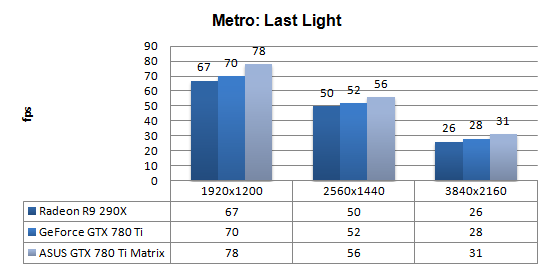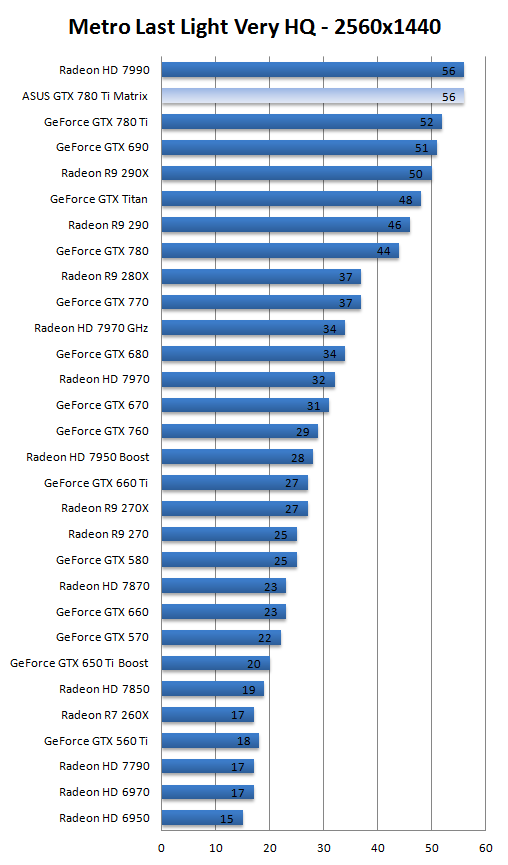DX11: Metro - Last Light
DX11: Metro Last Light
Metro: Last Light (formerly Metro 2034) is a first-person shooter video game developed by Ukrainian studio 4A Games and published by Deep Silve. It was released in May 2013. The game is set in a post-apocalyptic world and features action-oriented gameplay with a combination of survival horror elements. Previously announced as Metro 2034, the game is a sequel to Metro 2033, and although author Dmitry Glukhovsky has apparently been working with the developers, it bears no relation to the book Metro 2034. Initially, the game was to be published under THQ and expected to be released in the middle of 2012; it was announced on February 2, 2012, that the game would be delayed until the first quarter of 2013, in March 1 2013 the game was delayed again until May. Following THQ's closure in January 2013, the intellectual property was acquired by video game publisher Deep Silver.
Metro Last light supports a number of advanced DX11 features with the latest generation of DX11 graphics cards. Users with DX11 cards will experience advanced Depth of Field effects as well as Full Tessellation on character models. We measure in DX11 mode only. Above are some performance numbers based on the different image resolution settings. Image quality settings are maxed out, we are in DX11 mode, the game uses AAA anti-aliasing as standard, though we do not enable Super Sampled AA. We have Texture Filtering at 16xAF, Motion Blur and Tessellation at normal.
Above a comparison of multiple cards running the game at 2560x1440 maxed out. The card is again passing the 290X performance.



